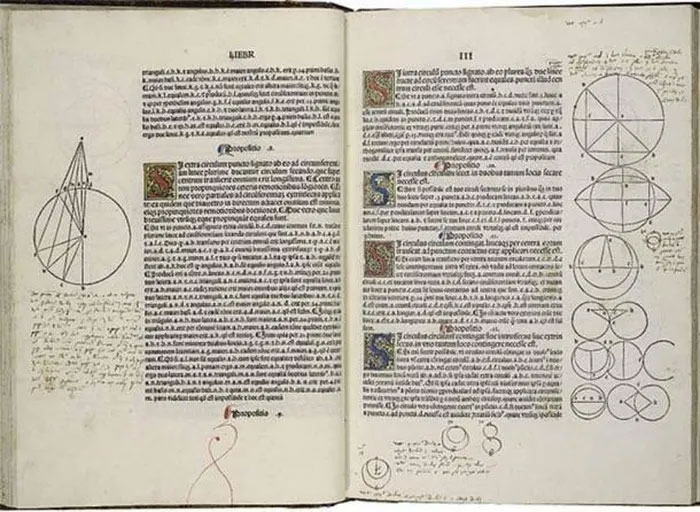
Euclid's Legacy
Euclid, born in Athens in 330 BC, is widely regarded as the "Father of Geometry." Through his life-changing work, he not only systematized geometry into a coherent discipline but also ignited a love for mathematics in generations to come.
Euclid's Youth and Influences
Little is known about Euclid's early life, leading historians to speculate about his academic background.
- Association with Plato: Euclid may have been a student at Plato's Academy, where he would have been exposed to the philosopher's theories on mathematics.
- Influence of Pythagoras: Another strong influence on Euclid is believed to have been Pythagoras, who had a profound passion for geometry.
- Independent Genius: Some historians suggest that Euclid's brilliance in geometry was innate, and that he may have developed his own unique insights into the subject.
The Elements: A Masterpiece of Mathematics
Euclid's most enduring contribution is his 13-volume treatise on geometry, known as "The Elements." This monumental work:
- Systematized Geometry: The Elements organized and presented geometry in a logical and systematic manner.
- Comprehensiveness: It covered a wide range of geometric concepts, including theorems, postulates, and definitions.
- Clarity and Logic: Euclid's writing style was renowned for its clarity and precision, which made his ideas accessible to students and researchers alike.
The Impact of Geometry
The Elements had a profound impact on geometry and mathematics as a whole:
- Foundation for Mathematics: Euclid's work became a fundamental text for mathematics, serving as a basis for the study of geometry and other mathematical principles.
- Practical Applications: Geometry found widespread use in ancient societies for land surveying, architecture, and astronomy.
- Intellectual Pursuit: Euclid's work inspired mathematicians to pursue intellectual challenges beyond practical applications.
Lasting Legacy
Euclid's contributions extend far beyond geometry, shaping the evolution of many areas of mathematics:
- Number Theory: His number theory concepts have influenced the development of modern number theory.
- Algebra and Logic: Euclid's approach to logical reasoning and proof became a model for subsequent mathematical theories.
- Foundation of Mathematics: Euclid's work provided the foundation for the development of set theory and other mathematical concepts.
Summary
Euclid's brilliance in geometry revolutionized mathematics and established a legacy that has inspired mathematicians for centuries. His "Elements" remains a cornerstone of mathematics, providing a systematic framework for understanding geometry and its applications. Euclid's contributions have had a profound impact on various branches of mathematics, solidifying his status as the "Father of Geometry."


